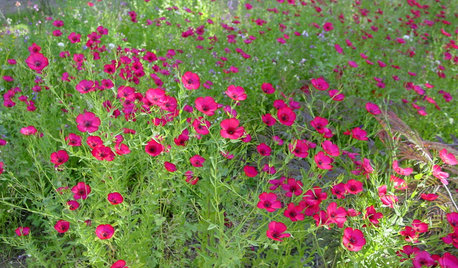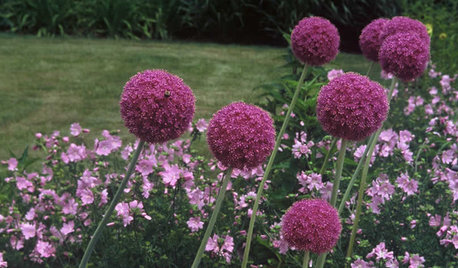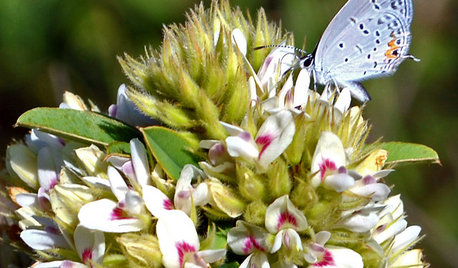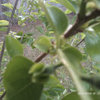Fall fertilization
alan haigh
9 years ago
Related Stories

GARDENING GUIDESGet on a Composting Kick (Hello, Free Fertilizer!)
Quit shelling out for pricey substitutes that aren’t even as good. Here’s how to give your soil the best while lightening your trash load
Full Story
GARDENING GUIDESSouthwest Gardener's August Checklist
Manage monsoon effects, remember to fertilize and don't let the heat deter you from planting for fall
Full Story
FALL GARDENINGMake This Fall’s Garden the Best Ever
Learn the most important tip for preventing buyer’s remorse, plus get more valuable buying and planting advice
Full Story
GARDENING GUIDESGarden Myths to Debunk as You Dig This Fall and Rest Over Winter
Termites hate wood mulch, don’t amend soil for trees, avoid gravel in planters — and more nuggets of garden wisdom
Full Story
GARDENING GUIDES6 Unsung Bulbs for Fall Planting
Don't hang up your spade after summer — plant these unusual bulbs in fall for a spectacular spring show
Full Story
FALL GARDENING5 Ways to Put Fall Leaves to Work in Your Garden
Improve your soil and yard the organic way with a valuable garden booster that grows on trees
Full Story
GARDENING GUIDESHow to Keep Your Citrus Trees Well Fed and Healthy
Ripe for some citrus fertilizer know-how? This mini guide will help your lemon, orange and grapefruit trees flourish
Full Story
GARDENING GUIDESHow to Switch to an Organic Landscape Plan
Ditch the chemicals for a naturally beautiful lawn and garden, using living fertilizers and other nontoxic treatments
Full Story
GARDENING GUIDES5 Prairie Wildflowers That Can Heal Your Soil
Get free, organic soil fertilizer with nitrogen-pumping plants that draw pollinators too
Full Story
GARDENING GUIDESCommon Myths That May Be Hurting Your Garden
Discover the truth about fertilizer, soil, staking and more to keep your plants healthy and happy
Full StoryMore Discussions







alan haighOriginal Author
drew51 SE MI Z5b/6a
Related Professionals
Havre de Grace Landscape Architects & Landscape Designers · Severn Landscape Architects & Landscape Designers · Aurora Landscape Contractors · Burlington Landscape Contractors · Edmond Landscape Contractors · McKinney Landscape Contractors · Andover Landscape Contractors · Fair Oaks Landscape Contractors · Galt Landscape Contractors · Marlborough Landscape Contractors · North Richland Hills Landscape Contractors · Plantation Landscape Contractors · Spring Landscape Contractors · Forest Hill Landscape Contractors · Camp Springs Landscape Contractorsalan haighOriginal Author
nyRockFarmer
alan haighOriginal Author
drew51 SE MI Z5b/6a
appleseed70
alan haighOriginal Author
drew51 SE MI Z5b/6a
johnthecook
garybeaumont_gw
fruitnut Z7 4500ft SW TX
drew51 SE MI Z5b/6a
Chris-7b-GA
fruitnut Z7 4500ft SW TX
nyRockFarmer
drew51 SE MI Z5b/6a
alan haighOriginal Author
RedSun (Zone 6, NJ)
drew51 SE MI Z5b/6a
olpea
forestandfarm
Embothrium
nyRockFarmer
alan haighOriginal Author
appleseed70
drew51 SE MI Z5b/6a